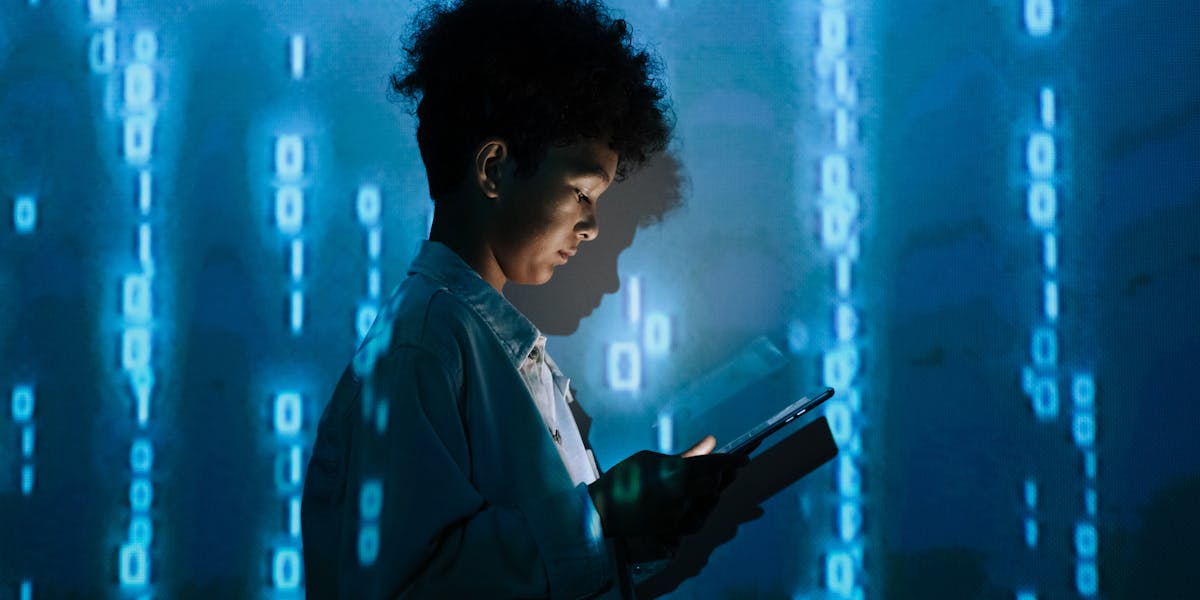
Emerging Technologies in Education: Transforming Learning for the Future
Technology has rapidly become an integral part of education, reshaping how students learn and how teachers instruct. With tools like artificial intelligence (AI), virtual reality (VR), and advanced online learning platforms, education is more accessible and personalized than ever before. This article explores how these technologies are transforming the learning landscape and what the future holds for tech-enhanced education.
1. Artificial Intelligence (AI) and Personalized Learning
Artificial Intelligence is making education more tailored to individual needs, allowing educators to provide a customized learning experience. Through AI-powered learning platforms, students receive real-time feedback, and their unique learning styles and paces are accommodated. AI helps in identifying where students struggle, allowing educators to intervene effectively.
Case Study: IBM Watson Education
IBM Watson’s AI-driven education platform helps analyze student data to offer personalized educational pathways. Watson integrates with classrooms to assist teachers by providing insights into student progress and adapting learning materials accordingly.
2. Virtual Reality (VR) for Immersive Learning Experiences
Virtual reality is revolutionizing how students experience education by creating immersive, interactive learning environments. VR allows students to explore new places, interact with complex subjects in a 3D environment, and learn by doing, making it especially valuable in subjects like history, science, and medical studies.
Case Study: Google Expeditions
Google Expeditions is a VR platform that takes students on virtual field trips to destinations around the world. From exploring ancient Egypt to walking on Mars, VR opens up a world of learning experiences that were previously unimaginable.

3. Online Platforms for Accessible Education
With the rise of online education platforms, learning has become more accessible, flexible, and affordable. Platforms like Coursera, edX, and Khan Academy offer courses that students can access from anywhere, making quality education available to those who may not have traditional access.
Example: Khan Academy
Khan Academy provides free online courses covering a wide range of subjects, from basic math to advanced programming. The platform is designed for self-paced learning, allowing students to progress according to their abilities and interests.
4. Gamification: Making Learning Fun and Engaging
Gamification, or the use of game elements in non-game contexts, is another emerging trend in education. By incorporating points, badges, and leaderboards, educators create a fun and motivating learning experience that engages students and encourages participation.
Platforms like Duolingo, a language learning app, use gamification effectively. The app rewards users with points and badges for completing lessons, making the process enjoyable and rewarding.
5. Data Analytics in Education
Data analytics provides valuable insights into student learning patterns, helping educators make informed decisions. By analyzing data from students’ interactions with learning materials, institutions can adjust curriculums, identify trends, and improve teaching methods for better educational outcomes.
For instance, Edmodo uses data analytics to enhance classroom interactions and improve curriculum planning. Teachers can track student engagement and performance through the platform, enabling a proactive approach to addressing learning challenges.
Conclusion: The Future of Technology in Education
As technology continues to evolve, so will the ways in which it transforms education. AI, VR, gamification, and online platforms are just the beginning of what could be a future where learning is fully adapted to each student’s needs. By embracing these tools, educators and institutions can provide richer, more dynamic learning experiences that prepare students for the ever-evolving demands of the world.
The journey toward a tech-integrated education system is ongoing, but with continued innovation, the future of learning is bright and boundless.



